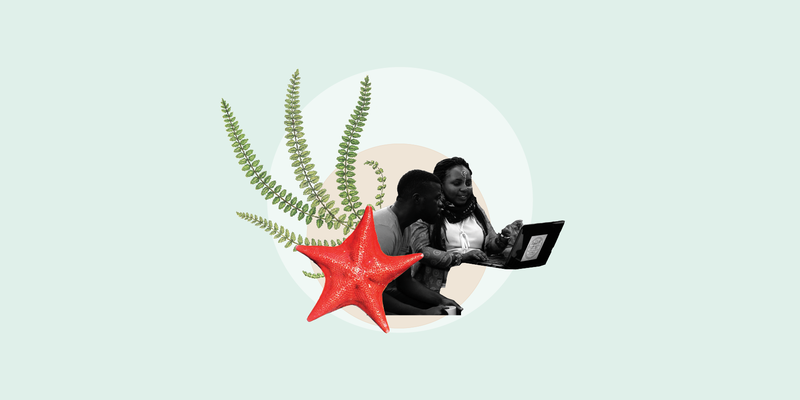Engaging data holders

Ensuring buy-in from a wide range of data-holding institutions is critical in mobilizing relevant data. Institutions may be unwilling or unable to share data for a number of reasons. Engaging such data holders demands a clear articulation of the benefits of sharing data as well as the availability of tools for facilitating data mobilization that help guide these new data publishers' efforts.
Featured projects

Regional and national alien and invasive species data and information mobilization and capacity building in the pacific
Pacific island countries and territories
Alien and invasive species (A&IS) arguably represent the greatest threat to biodiversity in Pacific island countries and territories. Limited capacity and resources for managing A&IS data become even more constrained in a fragmented network of small islands, making it imperative for the region's diverse data-holding organizations to collaborate.
A series of national workshops and targeted missions identified holders of invasive-relevant datasets. Using a template for data digitization from the IUCN Invasive Species Specialist Group and a bilingual publication on regional data mobilization, the project recruited 22 agencies to publish their first GBIF datasets—49 in total—containing 20,585 species occurrence records. This A&IS data served as a primary resource for the review of Pacific island states’ National Invasive Species Strategy and Action Plans (NISSAPs) and National Biodiversity Strategy and Action Plans (NBSAP) and helped guide decisions on priority islands for Tonga's rat eradication programmes.

Mobilization and strengthening of biodiversity data for conservation to support sustainable development in Côte d'Ivoire
Côte d'Ivoire
The National Flora Center (CNF), responsible for botanical studies in Côte d'Ivoire, received a BID grant in 2016 to digitize and publish datasets via GBIF. Expanding these efforts, CNF collaborated with universities, research institutions, and the Ministry of Environment in a subsequent grant to include data on animals and microorganisms.
Eight field missions and five workshops engaged 70 people and led to the signature of 15 partnership agreements, boosting GBIF engagement. CNF now leads a biodiversity data sharing platform supported by universities, research centres, and government institutions. The platform contributes expertise to national workshops on topics such as the COP 15 Biodiversity resolutions and agricultural policy for decision-making.

Assessment and update of GBIF marine macroalgae databases (Rhodophyta, Ochrophyta and Chlorophyta) from Haiti and Dominican Republic (Hispaniola)
Country
This project aimed to update the inventory of marine macroalgae species in Hispaniola, the second-largest island in the Greater Antilles. Regular communication with specialists for literature exchange and taxonomic consultation was crucial. The project highlighted the value of GBIF tools for comprehensive biodiversity analysis and emphasized the importance of BID projects in mobilizing previously unavailable biodiversity data for Hispaniola.
A national workshop demonstrated to biodiversity stakeholders how they could participate in data mobilization efforts building on the foundations established by this project. Additionally, efforts underway to encourage the Ministry of Environment of the Dominican Republic to join GBIF as a member country will assist in sustaining data mobilization.